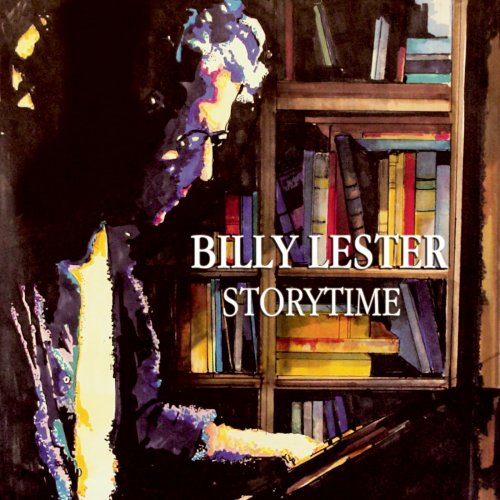Tetzlaff Quartet - Mendelssohn: String Quartet in A Minor, Op. 13 - Berg: Lyric Suite (2014) [Hi-Res]
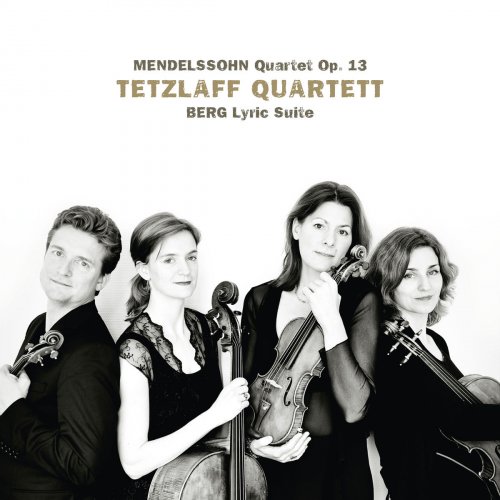
Artist: Tetzlaff Quartet
Title: Mendelssohn: String Quartet in A Minor, Op. 13 - Berg: Lyric Suite
Year Of Release: 2014
Label: CAvi-music
Genre: Classical
Quality: flac 24bits - 48.0kHz +booklet
Total Time: 00:57:37
Total Size: 571 mb
WebSite: Album Preview
TracklistTitle: Mendelssohn: String Quartet in A Minor, Op. 13 - Berg: Lyric Suite
Year Of Release: 2014
Label: CAvi-music
Genre: Classical
Quality: flac 24bits - 48.0kHz +booklet
Total Time: 00:57:37
Total Size: 571 mb
WebSite: Album Preview
---------
01. String Quartet in A Minor, Op. 13: I. Adagio-Allegro vivace
02. String Quartet in A Minor, Op. 13: II. Adagio non lento
03. String Quartet in A Minor, Op. 13: III. Intermezzo. Allegretto con moto-Allegro di molto
04. String Quartet in A Minor, Op. 13: IV. Presto
05. Lyric Suite: I. Allegretto gioviale
06. Lyric Suite: II. Andante amoroso
07. Lyric Suite: III. Allegretto misterioso-Trio estatico
08. Lyric Suite: IV. Adagio passionate
09. Lyric Suite: V. Presto delirando-Tenebroso
10. Lyric Suite: VI. Largo desolato
Mendelssohn’s Op.13 and Alban Berg’s “Lyric Suite”: why did you choose this programme? Tetzlaff Quartett: The first, obvious reason is that we’ve been performing these two works for a long time, with the greatest imaginable pleasure. They challenge us as musicians. In Berg’s case the challenge takes us to the farthest frontiers, and in Mendelssohn it is just as formidable. That would be the outer motive. And there are inner motives as well: each of these works has a connection with a hidden love story. I wouldn’t want to lay too much emphasis on this, however. It’s obviously interesting to know the background, particularly in the case of the Lyric Suite. But we shouldn’t forget that Alban Berg never revealed the work’s hidden programme to the public. In the score he encrypted what the individual sections and passages meant to him, but you can enjoy the piece just as much without being aware of every detail. Of course we find it interesting that the piece is about intimate, sometimes terrible things. From your own experience you can recognize every emotion evoked in every single page of the score.
At the end of the suite, Berg quotes Zemlinsky’s “Lyric Symphony”, referring at the same time to Charles Baudelaire’s “De profundis”. The music becomes quite gloomy. TQ: Darker than almost anywhere else in music. As I see it, the utterly forlorn mood in the last movement is the result of a stark contrast. First we have the text on which the movement is based. Then we have a series of extremely expressive solos, particularly in the first violin and in the cello part. Right at the end, however, the music trickles off, fading into nothingness, leaving the impression that “it’s just going to go on this way, and I’ll suffer forever!”
That is something bitterer than what we find in many other composers. To return to the subject of our CD: the incredible difference between these two unrequited loves is that Mendelssohn ends up speaking of great beauty. There is great drama, despair and resignation – but at the same time such incredible beauty, yearning and love.
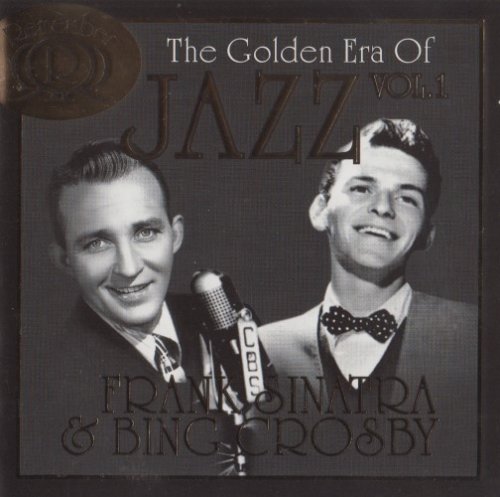
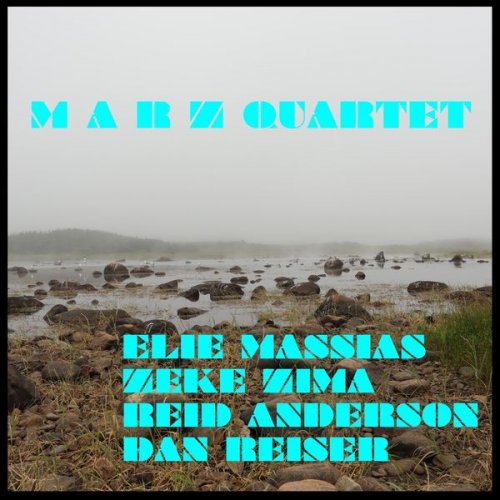
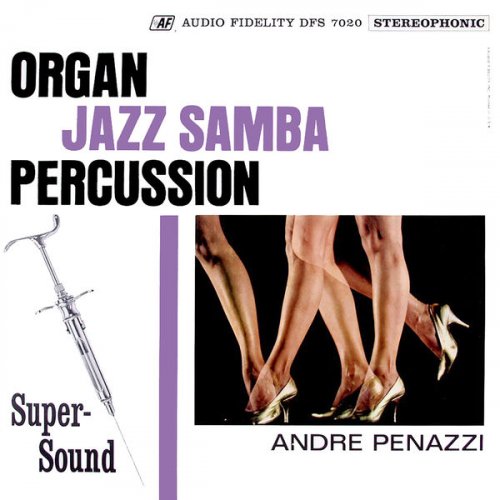
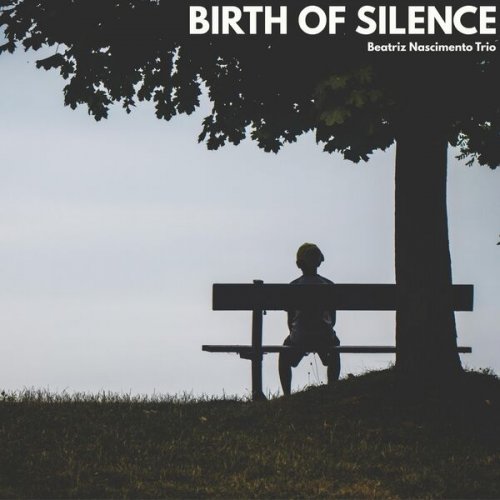
![Vicente Garcia - Tala (2026) [Hi-Res] Vicente Garcia - Tala (2026) [Hi-Res]](https://www.dibpic.com/uploads/posts/2026-01/1768883661_cover.jpg)
![Colin Hinton - Three Suites (2026) [Hi-Res] Colin Hinton - Three Suites (2026) [Hi-Res]](https://img.israbox.com/img/2026-01/23/1j01ziw4dco9g969ftsu2ln12.jpg)
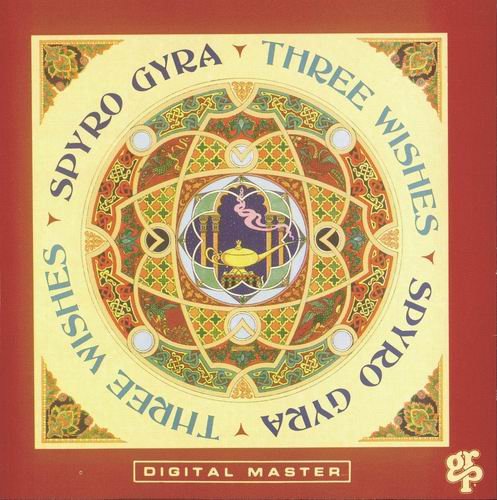
![VA - Naive Melodies (2026) [Hi-Res] VA - Naive Melodies (2026) [Hi-Res]](https://www.dibpic.com/uploads/posts/2026-01/1769024205_ifnetlpx11whb_600.jpg)
